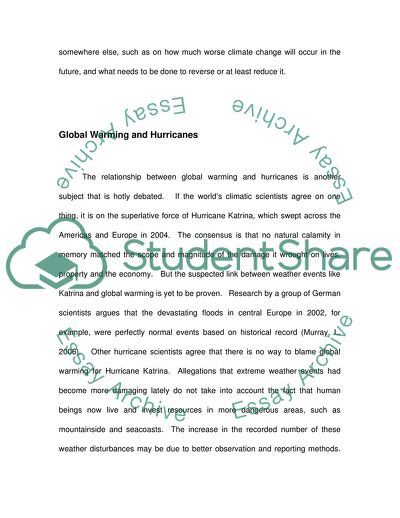Cite this document
(Will Global Warming Heat up or Cool Down the Economy Essay, n.d.)
Will Global Warming Heat up or Cool Down the Economy Essay. https://studentshare.org/science/1705049-how-global-warming-affects-economy
Will Global Warming Heat up or Cool Down the Economy Essay. https://studentshare.org/science/1705049-how-global-warming-affects-economy
(Will Global Warming Heat up or Cool Down the Economy Essay)
Will Global Warming Heat up or Cool Down the Economy Essay. https://studentshare.org/science/1705049-how-global-warming-affects-economy.
Will Global Warming Heat up or Cool Down the Economy Essay. https://studentshare.org/science/1705049-how-global-warming-affects-economy.
“Will Global Warming Heat up or Cool Down the Economy Essay”. https://studentshare.org/science/1705049-how-global-warming-affects-economy.


